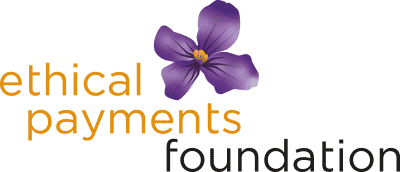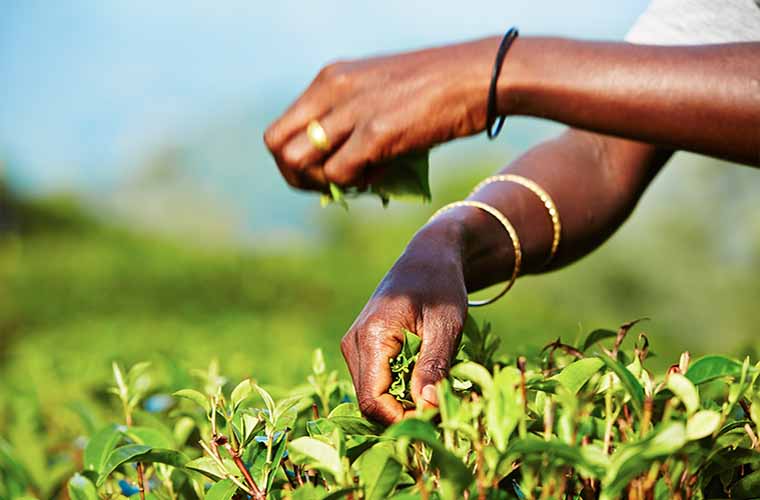Practical Solutions to Financial and Cultural Isolation
Ethical Payments Foundation is a not-for-profit organisation dedicated to seeking practical ways to equalise opportunities and build self-sufficiency for regions with poor access to financial inclusion and freedom from exploitation.
Practicality is an important consideration in this aim. Idealism has little chance of overcoming historic barriers unless it's backed by realism and the understanding that we can't cure the world overnight.



